Welcome to Citizen Scholar! Since launching six months ago we’re reaching folks all over the world, so we thank you for your support. If you enjoy our writing on civic virtue and individual excellence, we humbly ask you to share Citizen Scholar with your family members and friends who may enjoy it. The contents of the audio and text formats are identical and meant to accommodate your preferences. Please let us know if you have any feedback - we’re always looking for ways to improve!
Introduction
As we complete our mini-series on notable memoirs, we’ll be discussing Hitch-22, by Christopher Hitchens. The celebrated journalist, author, literary critic and polemicist realized it might be time to set down his own record of life after being shocked by a premature printing of his death in a 2008 magazine issue. This turned out to be fortunate timing. Hitch-22 was released in May 2010. While promoting the book the following month, Hitchens fell very ill and sought medical help. He was diagnosed with esophageal cancer, which had metastasized and took his life in December 2011.
The study of this great scribbler’s life matters to the mission of Citizen Scholar. Hitchens was one of the foremost journalists and public intellectuals of his time. While he still has many fans, most of them over the age of thirty, both Hitchens fans and Hitchens detractors can agree on three key points:
Many of his ideas were very controversial
He seemed to purposely gravitate toward controversial topics
He was an exceptional writer and rhetorician
A Writer’s Life
Hitchens recounts his story in three main spheres – the literary, the political and the personal. These are all woven together by the major events he lived through, especially those of the three great milestone years in his life – 1968, 1989 and 2001. In 1968, Hitchens was a Troskyist student-radical at Oxford University protesting the Vietnam War and the Soviet invasion of Czechoslovakia. By 1989, he and many of his fellow soixante-huitards cheered the collapse of the totalitarian Soviet Union that they viewed as an illegitimate leader of the Marxist movement. Hitchens entered his final political phase after 2001, as he became a loud defender of neoconservative foreign policy and began to emphasize the struggle against religious faith over the class struggle.
We strongly suspect Hitchens viewed himself as a historical actor, and he didn’t only define his life’s progression against these three landmark years. He sprinkles in stories about being spanked at a party by Margaret Thatcher, getting attacked by thugs in warzones around the world and engaging with famous or infamous figures of the time. Hitchens managed to interview British fascist Oswald Mosley in his old age and had his American television career launched by a foe with whom he shared mutual respect: William F. Buckley, the founder of the modern American conservative movement.
Hitchens engaged with Buckley and many other prominent political thinkers of his day. As an activist-journalist, he advocated for causes including the protection of Bosnians from Serbian arms in the 1990’s and wrote books railing against the Clintons, Mother Teresa and Henry Kissinger. As a literary critic, Hitchens wrote excellent and learned book reviews and hobnobbed with famous authors like Martin Amis, Ian McEwan and Salman Rushdie. Hitch-22 is littered with the humorous wordplay and references they shared in public debates and in seedy bars. For all the name-dropping and high-ideal crusading, the New York Times noted that he gave negligible attention to the households he headed himself. On the personal front, Hitchens preferred to dwell on his childhood, parents and ancestry in Hitch-22 at the expense of mentioning his own wives and kids. Perhaps Hitchens wanted to shield their privacy as much as possible, which would be understandable.
Christopher Hitchens’ Legacy
No ideological box can encompass this man’s thought. His transformation from young Trotskyite to mature neoconservative is one of the more notorious public apostasies of our time and provides plenty of opinions to insult everyone. We don’t fall into either of these categories, and while we revere Hitchens’ legacy, we still wince to endure some of his points made in print or in speech. To us, however, the greatest value in his work isn’t in most of the specific arguments themselves. As Hitchens wrote himself:
“The essence of the independent mind lies not in what it thinks, but in how it thinks.”
-Letters to a Young Contrarian, 2001
This is a cliché that many profess but few follow. In Hitchens’ case, his life viewed from 2022 represents a series of contradictions. He stood for a level of iconoclastic contrarianism that his role model, George Orwell, might have been proud of. Hitchens’ instincts were consistently anti-totalitarian, anti-bully and against hypocrisy demonstrated by both natural friends and foes. Hitchens’ body of writing and lectures can steel our cognitive immune system against these social ills. And he did it all in great masculine style, which makes him a tempting role model for young men in particular.
We ought to therefore also warn that, while there is much to admire in Hitchens’ legacy, the notion of having him as a role model comes with a warning label. The great man’s drinking and smoking eventually caught up with him. His family relations were unenviable, and his ego sometimes led him astray. Hitchens eloquently stood by unpopular opinions long after he seemed to have lost the argument – such as in his defense of the Iraq War or of extreme anti-theism. Self-regard for his contrarian reputation was the likely culprit in such cases. Finally, Hitchens always stood up for the little guy and warned against striving to be part of the “in” crowd but didn’t list many non-famous friends in his memoir.
To acknowledge these details is simply to concede the difficulty of lionizing people one lives close to in history. Taken as a whole, an appreciation of Hitchens’ legacy is about reconciling the contradictions; re-reading Hitch-22 reminded us that the net outcome is the legacy of noble intellectual combat – even when we disagree with so many of his conclusions. We seem to be in good company, given how often his name is invoked with admiration to this day by thinkers of the right and left. We wish the Hitch was still here to help us fight today’s many battles.
All the best,
The Citizen Scholar Team
If you made it this far & enjoyed the post, could you please let us know by giving the heart button below a tap? Thank you!




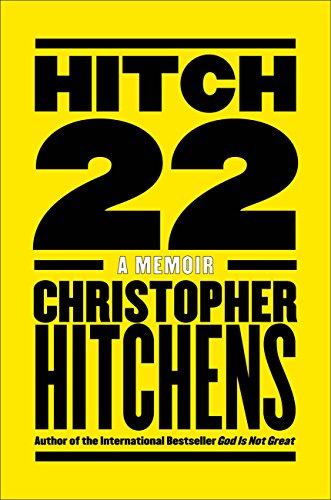



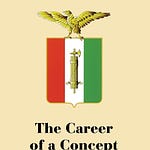
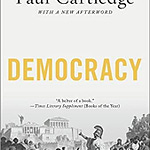

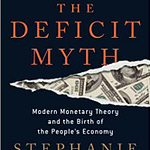
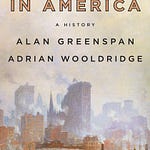
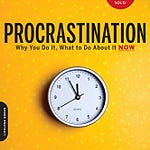
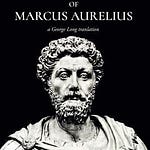
Discussion #31: Hitch-22: A Memoir, by Christopher Hitchens